VetGPT - Veterinary Insights and Assistance
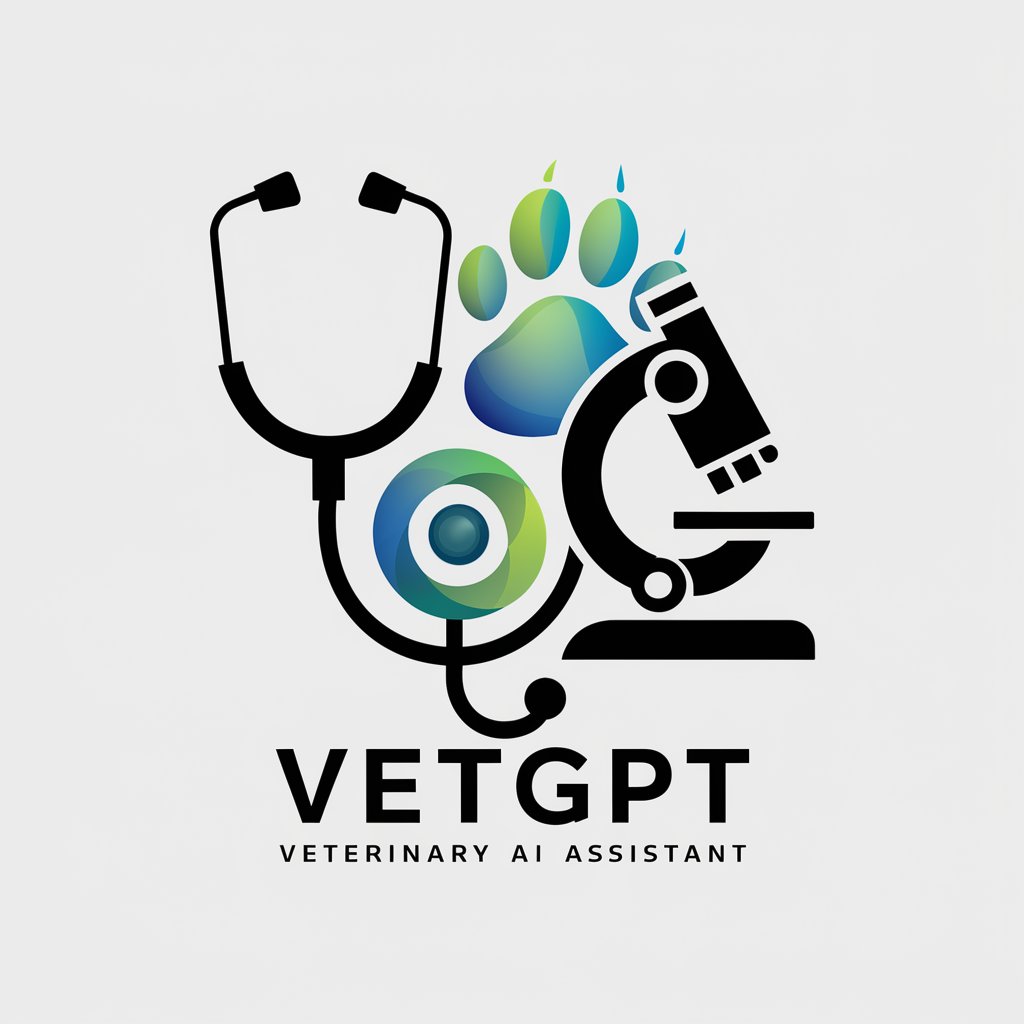
Welcome to VetGPT, your expert veterinary AI assistant.
Empowering pet care with AI-driven veterinary knowledge.
Can you explain the mechanism of action of antiviral drugs in veterinary medicine?
What are the common symptoms of viral infections in domestic animals?
How do vaccines help in preventing viral diseases in livestock?
What are the differences between RNA and DNA viruses in terms of their structure and replication?
Get Embed Code
Introduction to VetGPT
VetGPT is designed to function as an advanced, specialized assistant that provides scientific and medical information based on veterinary knowledge. It is tailored to address queries related to veterinary sciences by utilizing an extensive database of veterinary information. VetGPT is particularly effective in situations where precise and informed responses are needed, such as discussing the intricacies of veterinary virology or pathology. An example scenario includes a veterinarian seeking detailed explanations about animal health issues, where VetGPT can offer insights into symptoms, diagnostics, and treatment options based on the latest veterinary research. Powered by ChatGPT-4o。

Main Functions of VetGPT
Disease Diagnosis Support
Example
VetGPT can analyze symptoms described by a user and suggest possible diseases affecting an animal, such as diagnosing Equine Infectious Anemia based on clinical signs like fever, anemia, and edema.
Scenario
A veterinarian describes symptoms observed in a horse, and VetGPT provides a differential diagnosis list, highlighting likely conditions and suggesting further diagnostic tests.
Treatment Recommendation
Example
Based on the diagnosed disease, VetGPT can suggest treatment protocols and medications, such as recommending antiviral drugs for Feline Immunodeficiency Virus.
Scenario
After diagnosing a cat with FIV, VetGPT offers a detailed treatment plan including specific antiretroviral therapies, supportive care measures, and recommendations for monitoring the cat’s health.
Preventive Care Advice
Example
VetGPT advises on vaccination schedules and preventive care tailored to specific animals, such as a vaccination plan for puppies against Canine Parvovirus.
Scenario
A breeder asks about best practices for preventing common infectious diseases in puppies, and VetGPT provides a comprehensive vaccination schedule including timing and necessary vaccines.
Ideal Users of VetGPT Services
Veterinarians
Professionals who benefit from quick access to a wide range of detailed, vetted information on animal health, treatments, and diagnostics to aid in clinical decisions.
Veterinary Students
Students in veterinary medicine who require detailed explanations and study aids for understanding complex veterinary concepts, diseases, and treatment methodologies.
Animal Researchers
Researchers focusing on veterinary science who utilize VetGPT for accessing up-to-date scientific research, exploring new disease treatments, and developing new veterinary drugs and vaccines.

Using VetGPT: A Step-by-Step Guide
Step 1
Begin by visiting yeschat.ai to explore VetGPT with a free trial, with no need to sign up or have ChatGPT Plus.
Step 2
Identify your specific query or area of interest related to veterinary science. VetGPT covers a wide range of topics, from animal health to veterinary medicine advancements.
Step 3
Phrase your question clearly and specifically. If your inquiry is about a medical condition, include relevant details such as the species, symptoms, and any specific context.
Step 4
Review the information provided by VetGPT. For complex queries, you might need to ask follow-up questions for further clarification or more detailed advice.
Step 5
Use the information as a preliminary guide. For medical issues, always consult with a professional veterinarian for diagnoses or treatments.
Try other advanced and practical GPTs
BetGPT
Elevate Your Betting Game with AI-powered Insights

VetGPT
Your Digital Vet Companion
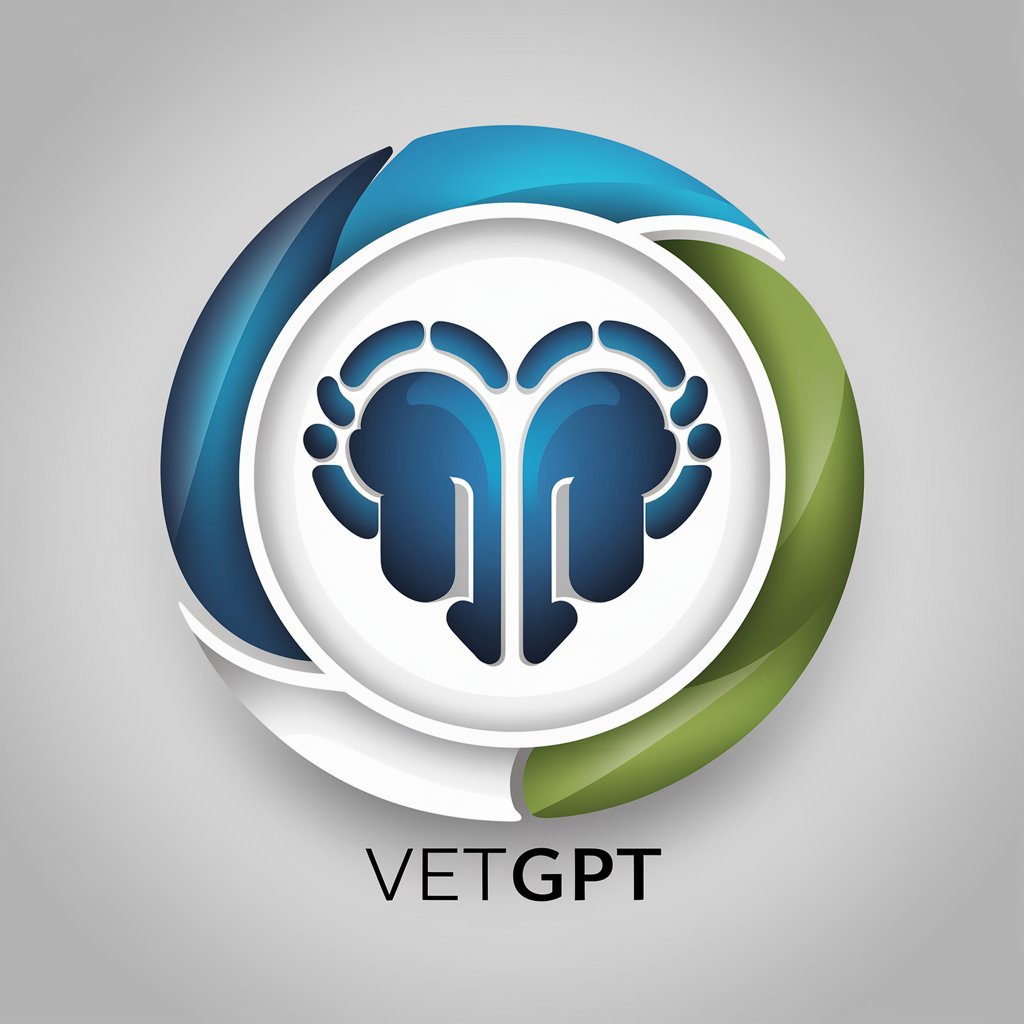
VetGPT
Empowering pet care with AI
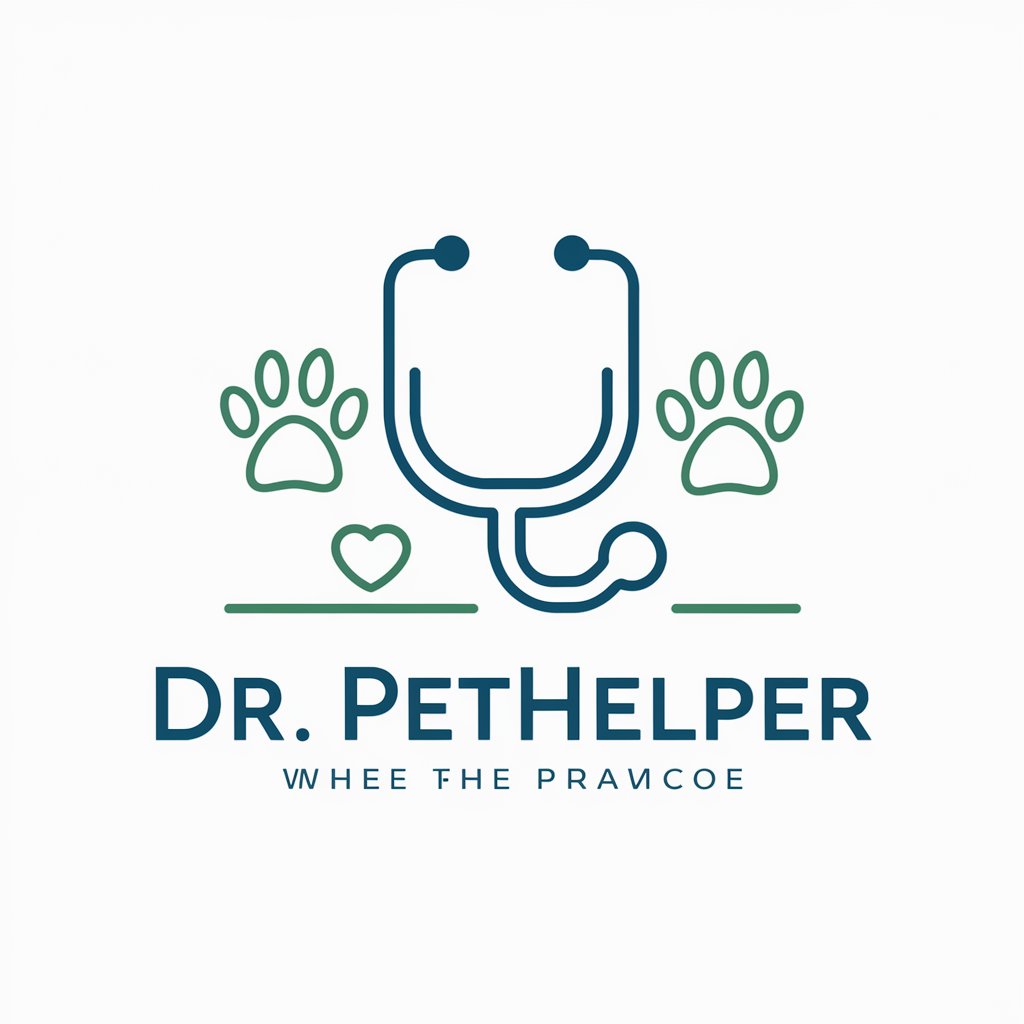
VetGPT
Empowering pet care with AI
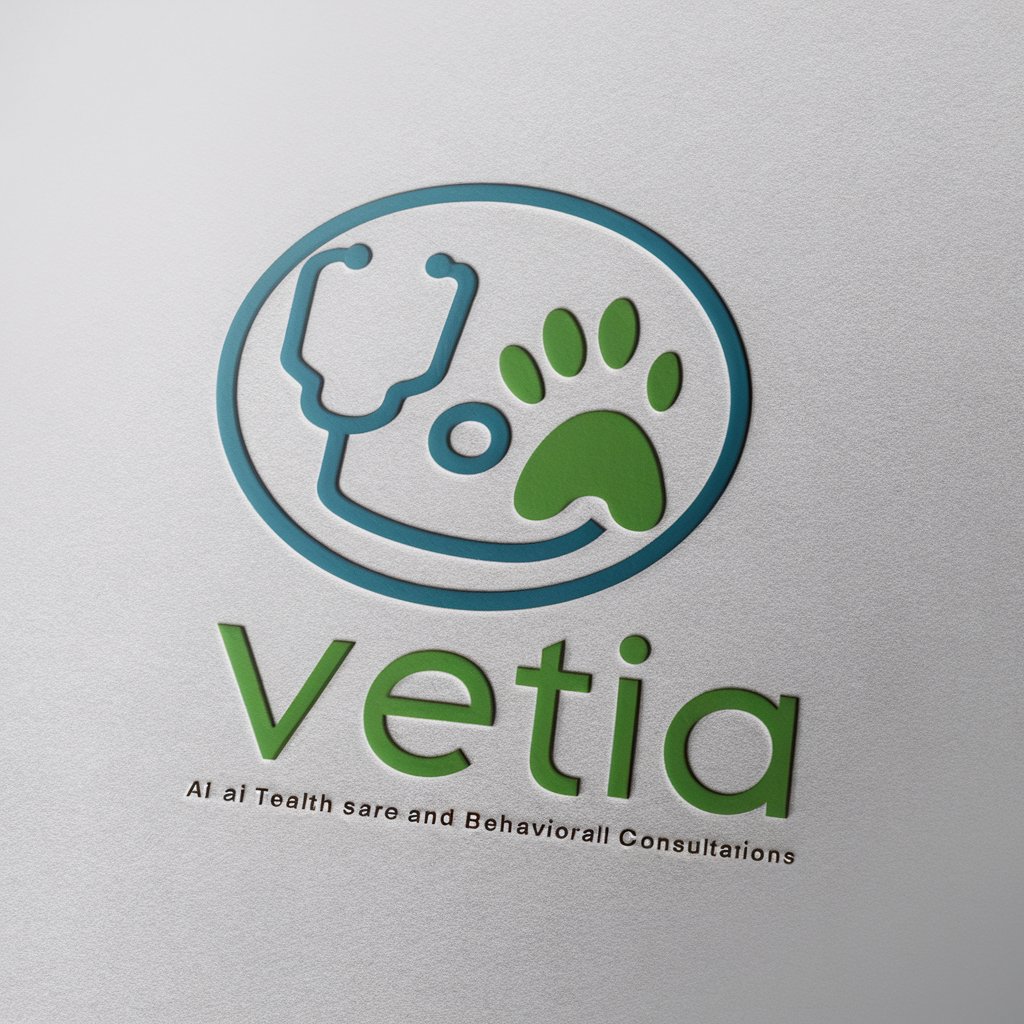
LM5148 Specialist
Optimize power, enhance efficiency with LM5148
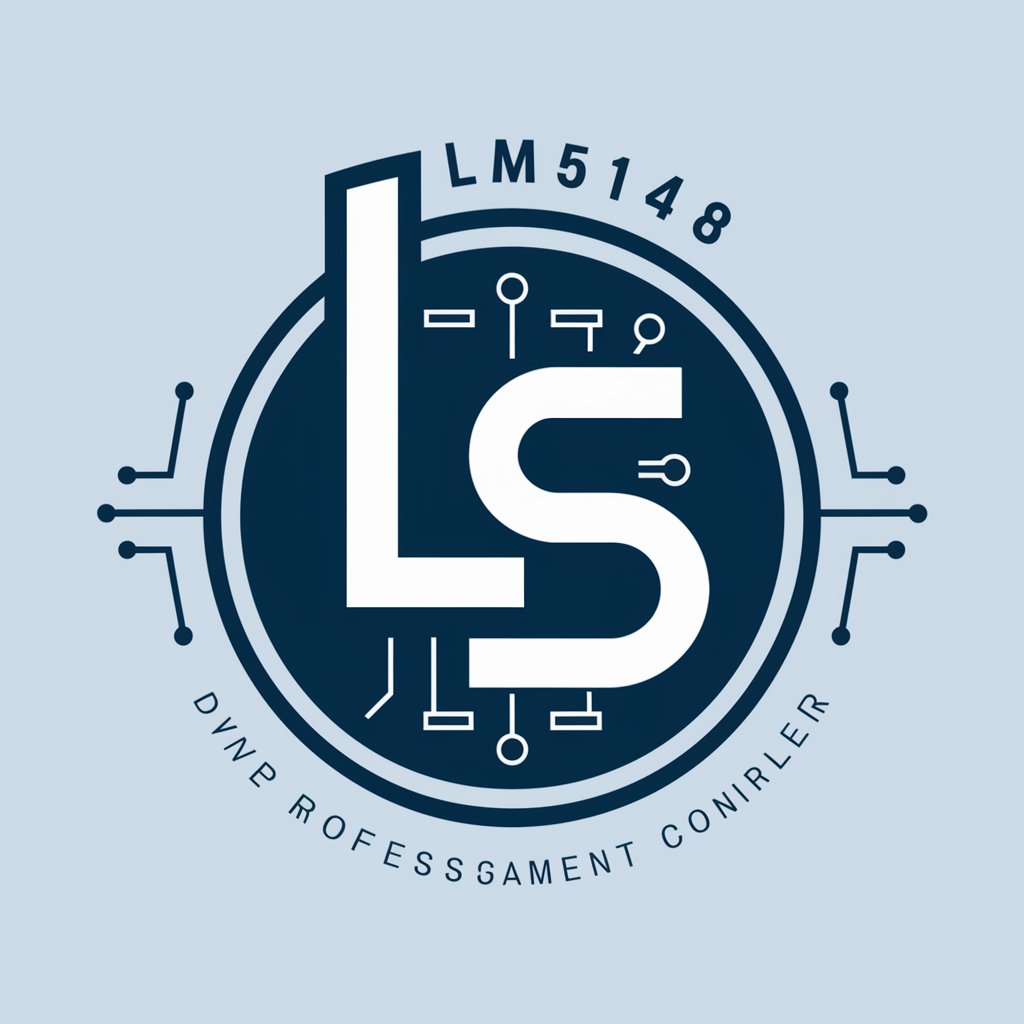
Ad Copywriter Pro
Crafting Compelling Copy with AI

Swear Jar GPT
Turning Swears into Smiles with AI!
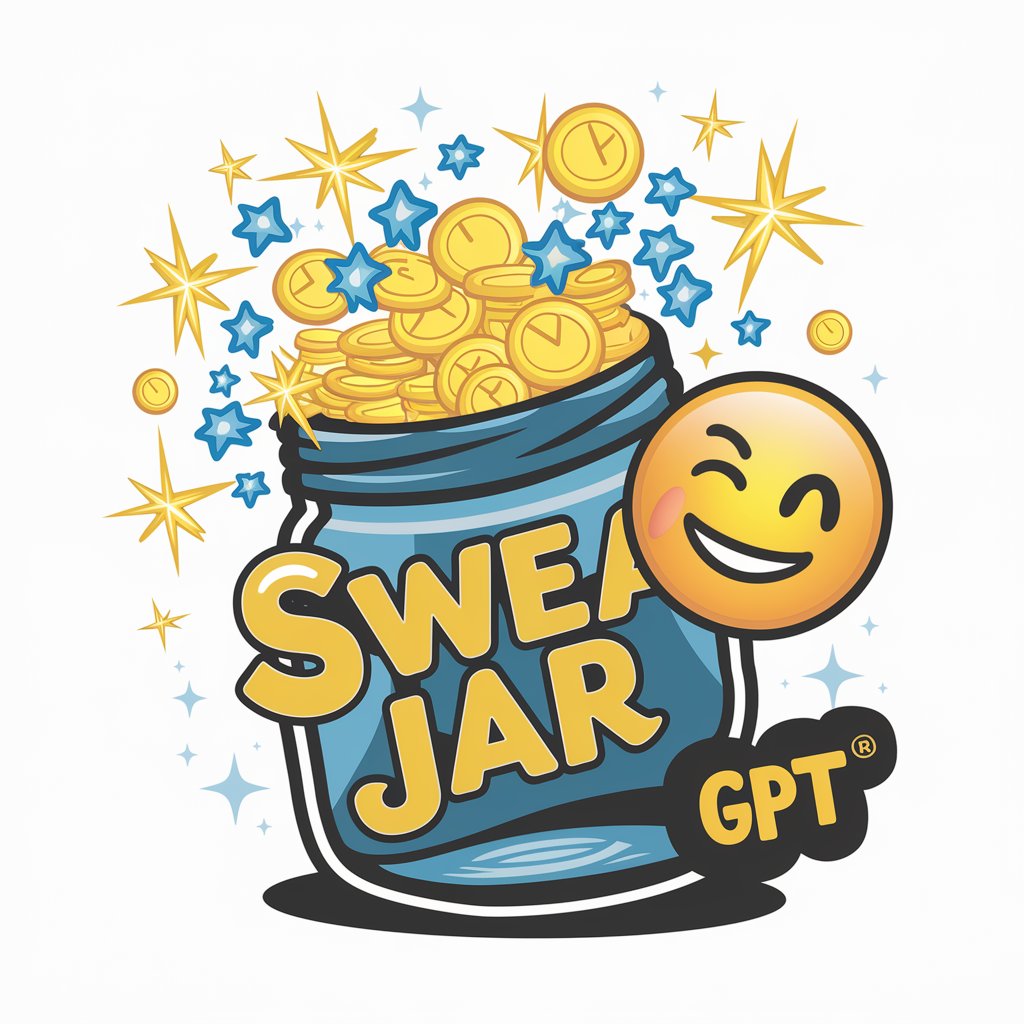
The Sweary Chef
Spicing up culinary advice with AI-powered sass.

MMA Sweat
Deciphering MMA with AI-powered precision

Iwear AI Wardrobe Assistant
Revolutionizing Fashion with AI

API Explorer
Simplify API integration with AI-powered guidance.
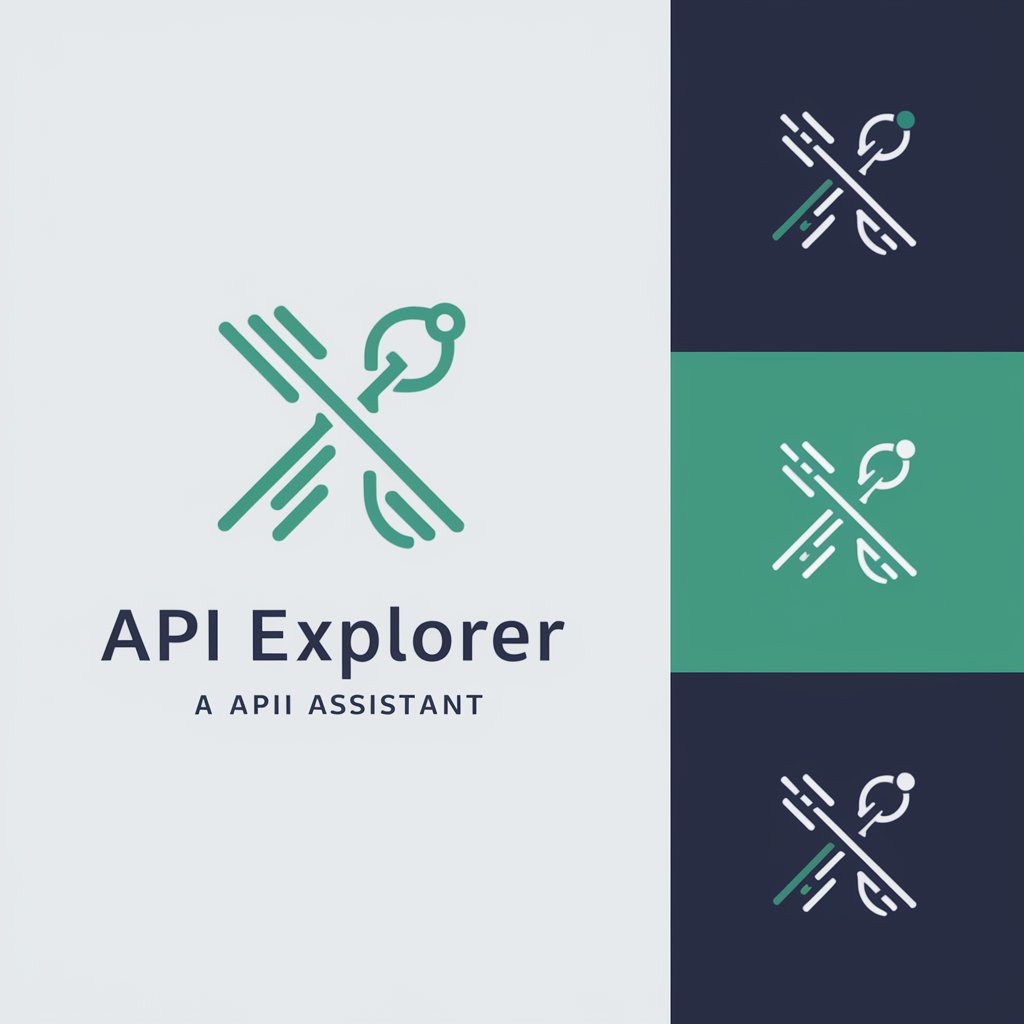
api-helper
Elevate Your Projects with AI-Powered Guidance
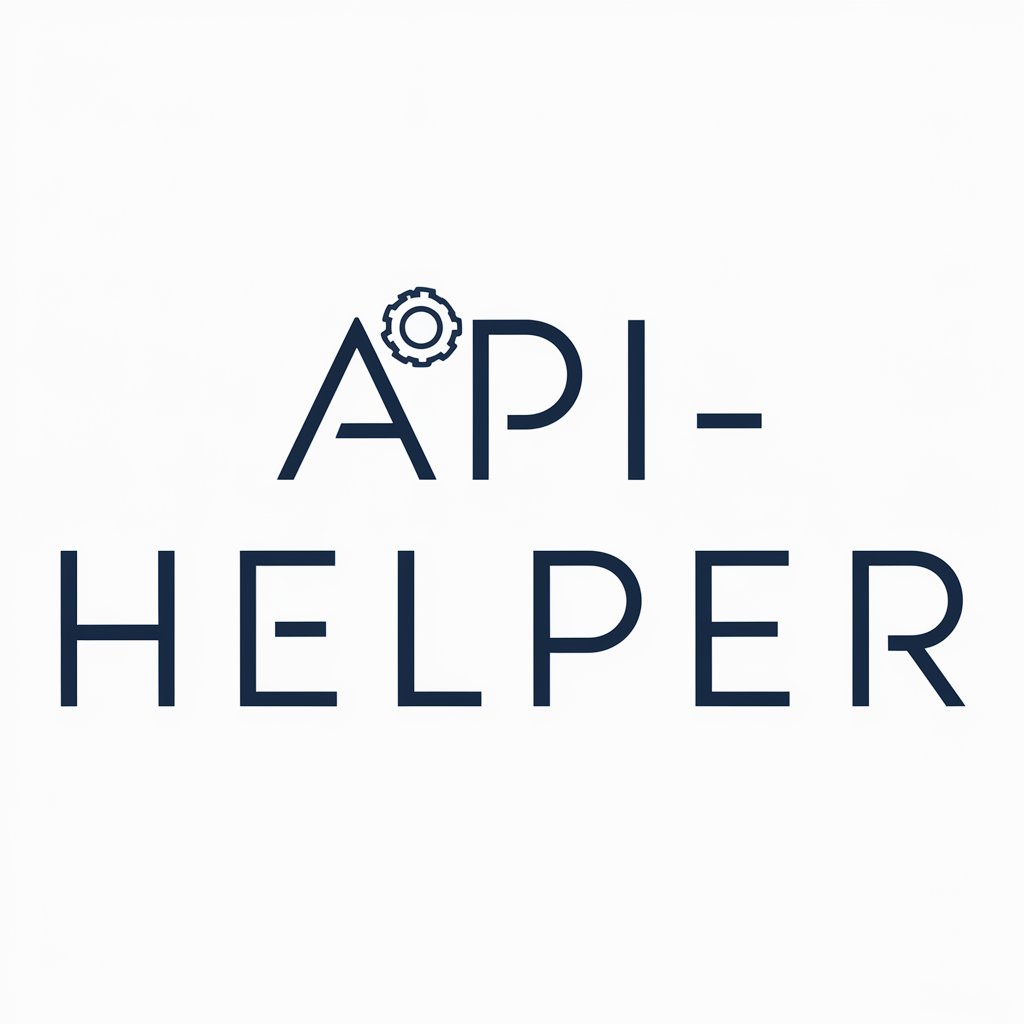
Frequently Asked Questions About VetGPT
Can VetGPT diagnose my pet's health issues?
VetGPT can provide information and guidance on symptoms and conditions, but it cannot diagnose health issues. It's important to consult a professional veterinarian for a diagnosis and treatment plan.
Does VetGPT provide information on veterinary drugs?
Yes, VetGPT can offer information on a wide range of veterinary drugs, including their uses, dosage, and potential side effects. However, always refer to a veterinary professional for drug prescriptions.
Can VetGPT assist with emergency animal care advice?
While VetGPT can provide general advice on handling veterinary emergencies, it's crucial to contact a local veterinarian or emergency animal care center immediately in actual emergencies.
How up-to-date is the information provided by VetGPT?
VetGPT's database is periodically updated to reflect the latest in veterinary science and medicine. However, for the most current information, especially regarding new treatments or drugs, consult with a vet.
Can VetGPT help with questions about animal nutrition?
Yes, VetGPT can provide insights and recommendations on animal nutrition, dietary needs, and feeding practices for a variety of animals, based on current veterinary science knowledge.
